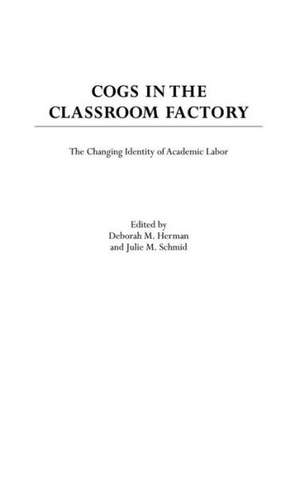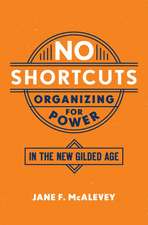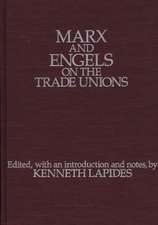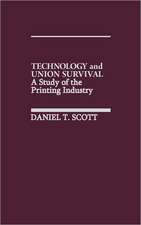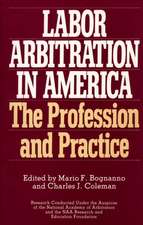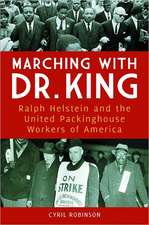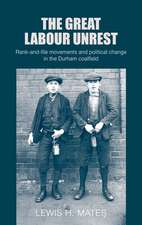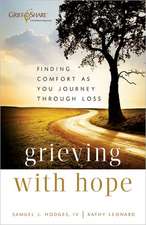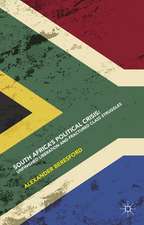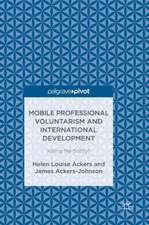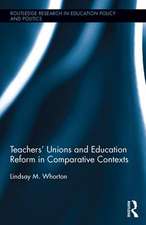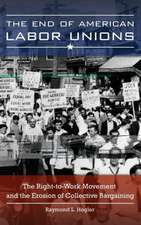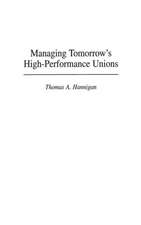Cogs in the Classroom Factory: The Changing Identity of Academic Labor
Autor Deborah M. Herman, Julie M. Schmiden Limba Engleză Hardback – 27 feb 2003 – vârsta până la 17 ani
Preț: 437.15 lei
Preț vechi: 603.83 lei
-28% Nou
Puncte Express: 656
Preț estimativ în valută:
83.65€ • 87.56$ • 69.62£
83.65€ • 87.56$ • 69.62£
Carte tipărită la comandă
Livrare economică 31 martie-14 aprilie
Preluare comenzi: 021 569.72.76
Specificații
ISBN-13: 9780897898140
ISBN-10: 0897898141
Pagini: 232
Dimensiuni: 156 x 235 x 23 mm
Greutate: 0.49 kg
Ediția:New.
Editura: Bloomsbury Publishing
Colecția Praeger
Locul publicării:New York, United States
ISBN-10: 0897898141
Pagini: 232
Dimensiuni: 156 x 235 x 23 mm
Greutate: 0.49 kg
Ediția:New.
Editura: Bloomsbury Publishing
Colecția Praeger
Locul publicării:New York, United States
Notă biografică
Deborah M. Herman is an interdisciplinary PhD candidate at the University of Iowa.Julie M. Schmid received her PhD in English from the University of Iowa.
Cuprins
Foreword: Preserving Our Independence, Acting Together by David MontgomeryIntroduction: The Changing Identity of Academic Labor by Julie M. Schmid and Deborah M. HermanA New Divide: Faculty and OthersAbove and Below; Mapping Social Positions within the Academy by Wesley Shumar and Jonathan T. ChurchDueling Identities and Faculty Unions: A Canadian Case Study by Mike Burke and Joanne NaimanIn a Leftover Office in Chicago by Joe BerryA New Generation, Charting New WatersMore Than Academic: Labor Consciousness and the Rise of UE Local 896-COGS by Susan Roth BreitzerPyrrhic Victory at UC Santa Barbara: The Struggle for Labor's New Identity by Richard SullivanUnfinished Chapters: Institutional Alliances and Changing Identities in a Graduate Employee Union by James ThompsonNew Tactics, Old BattlegroundsShutting Down the Academic Factory: Developing Worker Identity in Graduate Unions by Eric Dirnbach and Susan ChimonasAre You Now or Have You Ever Been an Employee?: Contesting Grad Labor in the Academy by William VaughnThe Politics of Constructing Dissent: The Rhetorical Construction of Faculty Union Membership by Darla S. WilliamsAfterword: Classroom, Lab, Factory Floor: Common Labor Struggles by Carl RosenIndex
Recenzii
By focusing on the state of the academic job system on their campuses, the contributors to this volume suggest some alternatives for responding to the ongoing erosion of tenure and academic freedom in higher education and reshaping the academic workplace.
The book's chapters are consistently readable, accessible, and of good quality. The volume should be of much value to readers of varied interest. The most natural audience is those interested in academic labor, and in unions. More than that, and regardless of one's perspective on unions, the volume offers insight into important features of academic workplaces, graduate student activism, and restructuring. . . . [C]ogs in the Classroom Factory is an excellent contribution to the literature, with rich insights into the details of graduate employee and contingent faculty organizing and work. It is essential reading for anyone interested in the restructuring of academic work, for its focus on the identities of employees and their unions addresses a key factor in organizing academic work in the 21st-century workplace.
The energy evident in the struggles documented in this volume, as well as the fact that higher education is now one of the most heavily unionized sectors in the United States, argues that academics are increasingly identifying and organizing as workers, not only for better working conditions but also for better universities. For researchers interested in the new labor movement in higher education, this collection is a valuable new addition.
How do you take weak-willed academic suck-ups and turn them into militant union members in less than a year? It is in answering this question that Cogs makes its most useful contribution. . . . While the answers vary, and there is obviously no formula, the richness of the book is it's ability to place the concrete details of campaign stories in the context of this theoretical question of how unions transform the consciousness of their members. . . . [T]hese essays should prove valuable to organizers of a wide range of professional workers. Labor educators preparing to teach organizing skills to academic unionists-or teaching credit classes to graduate students-will also find this book useful.
Cogs in the Classroom Factory will be of interest to those in academia, particularly those at large universities, who are interested in organizing their ranks to achieve greater rights, benefits, and democracy in the workplace-graduate employees, adjunct faculty, tenured and not-yet-tenured full-time faculty, and union organizers.
This book combines valuable case studies with useful and suggestive analysis of the contemporary process of academic restructuring. . . . [T]his book is a powerful tonic for those days where you feel worn down by the grind and resigned to the inevitability of the changes we confront.
The book's chapters are consistently readable, accessible, and of good quality. The volume should be of much value to readers of varied interest. The most natural audience is those interested in academic labor, and in unions. More than that, and regardless of one's perspective on unions, the volume offers insight into important features of academic workplaces, graduate student activism, and restructuring. . . . [C]ogs in the Classroom Factory is an excellent contribution to the literature, with rich insights into the details of graduate employee and contingent faculty organizing and work. It is essential reading for anyone interested in the restructuring of academic work, for its focus on the identities of employees and their unions addresses a key factor in organizing academic work in the 21st-century workplace.
The energy evident in the struggles documented in this volume, as well as the fact that higher education is now one of the most heavily unionized sectors in the United States, argues that academics are increasingly identifying and organizing as workers, not only for better working conditions but also for better universities. For researchers interested in the new labor movement in higher education, this collection is a valuable new addition.
How do you take weak-willed academic suck-ups and turn them into militant union members in less than a year? It is in answering this question that Cogs makes its most useful contribution. . . . While the answers vary, and there is obviously no formula, the richness of the book is it's ability to place the concrete details of campaign stories in the context of this theoretical question of how unions transform the consciousness of their members. . . . [T]hese essays should prove valuable to organizers of a wide range of professional workers. Labor educators preparing to teach organizing skills to academic unionists-or teaching credit classes to graduate students-will also find this book useful.
Cogs in the Classroom Factory will be of interest to those in academia, particularly those at large universities, who are interested in organizing their ranks to achieve greater rights, benefits, and democracy in the workplace-graduate employees, adjunct faculty, tenured and not-yet-tenured full-time faculty, and union organizers.
This book combines valuable case studies with useful and suggestive analysis of the contemporary process of academic restructuring. . . . [T]his book is a powerful tonic for those days where you feel worn down by the grind and resigned to the inevitability of the changes we confront.
